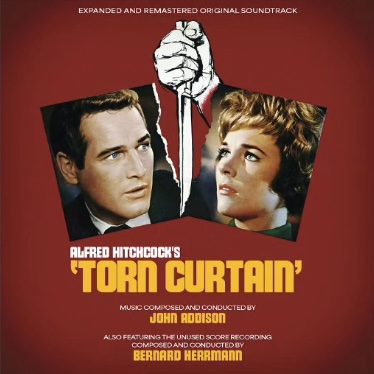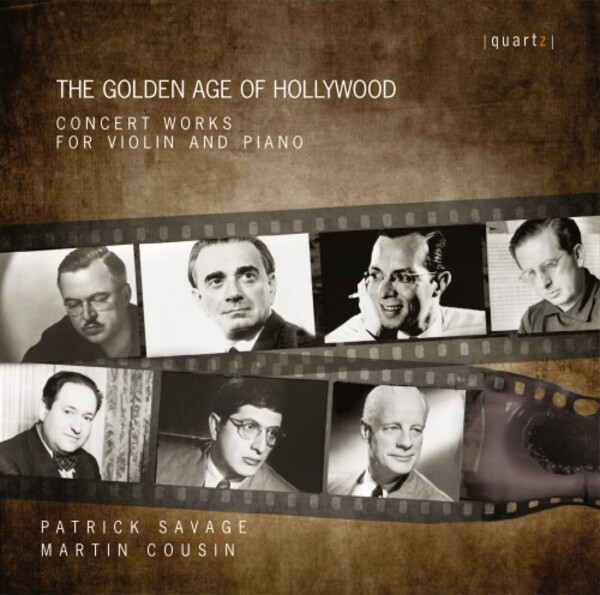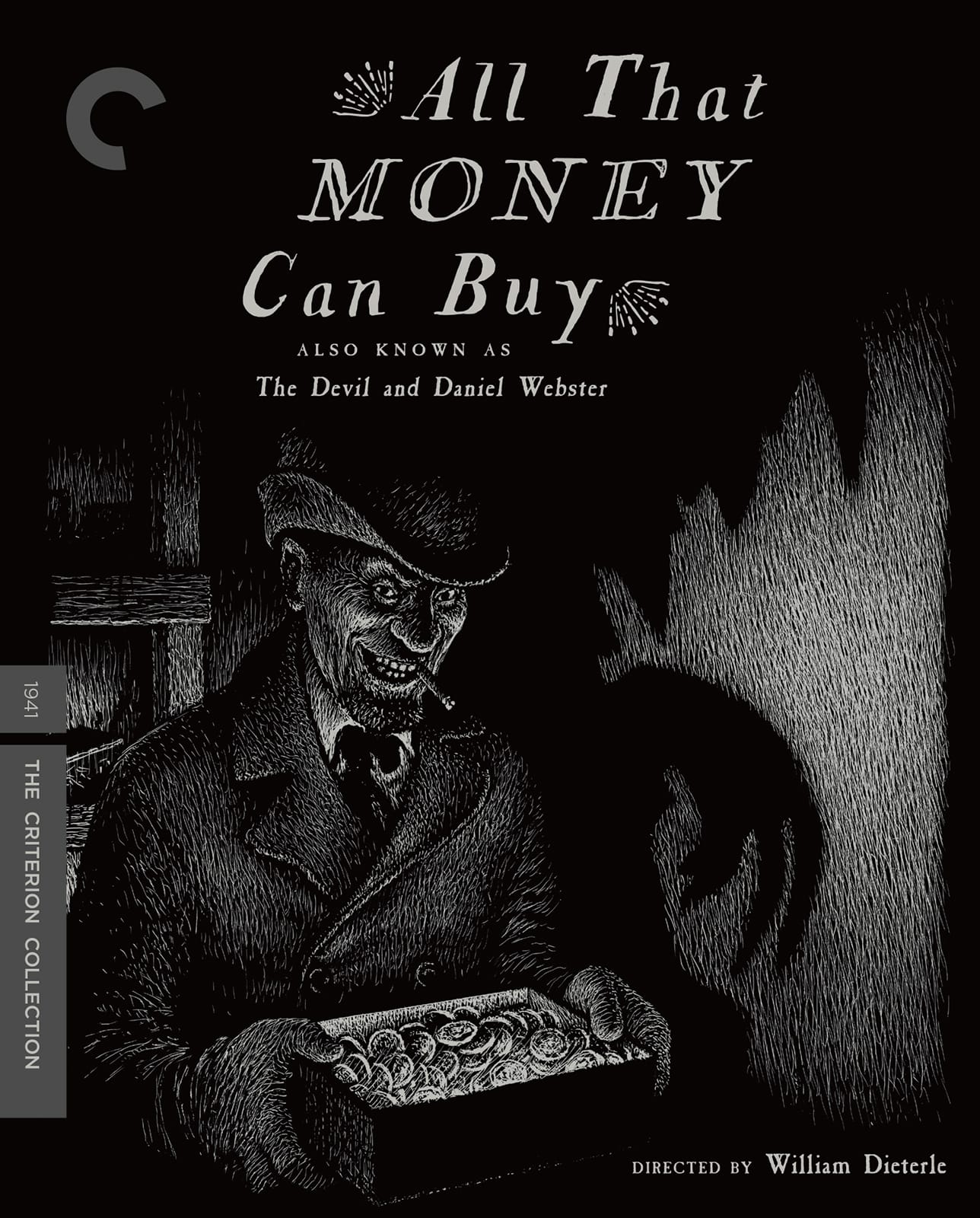In the following interview excerpt, Stewart recalls his early association with Herrmann, and his impressions of the composer.

I immediately found him extraordinarily eccentric and irritable. He had very little interest in me, as he did in very few other people. I don’t think he knew he was unfriendly, but he just was. Benny wrote a lot of original music for the show, but we would have a meeting on the content of a given program, and I would often suggest extracting pieces from the enormous library of classical music that existed – not that I ever selected the pieces, but it gave him a notion of what he could do.
The only memory that stands out comes from The War of the Worlds [a radio broadcast which required the orchestra to simulate a dance band program, which is interrupted by bulletins about the Martian invasion]. Benny was a classical conductor, and we had a very limited budget – the actors got $20, Orson and [Welles' partner John] Houseman got nothing, and I got $85 a week on that show, an extraordinary amount of money in those days. But we could not get a dance band from CBS, which was kind of suffering our show on Sunday night. So we all had symphony men.
To get Benny to do songs that I suggested was almost an impossibility. He didn’t understand the rhythms or anything. The musical bridges were easy for him, though. But I remember saying to him, “Benny, it’s gotta be a beat like this…” [snapping fingers] and he got very upset. He handed me the baton and said, “YOU conduct it!” So I got up on his little podium, the musicians looked at me…they all understood his personality, so when I just gave the downbeat, they played it just the way I wanted it!
I handed the baton back to Benny, and he was crestfallen. Then, when he conducted it, it was done the way we wanted it. The one moment in that broadcast, when he does “Stardust” with that classical orchestra, is one of the most hysterical moments on radio!
[After the controversy involving The War of the Worlds, Campbell Soup became sponsors of the Welles program, which became more commercially oriented in its story material. Herrmann remained musical director.]
Our first sponsored show was Rebecca, and Bennty composed a score that was absolutely beautiful. He used the entire score again for the film “Jane Eyre.” [The "Rebecca" broadcast is commercially available, from The Voyager Company.]
When we broadcast at Leidecrantz Hall, Benny was isolated; we had no room for him in the studio. We communicated with him by microphone. Originally, we did the New York shows on the 22nd floor of the CBS building, in Studio One.
I remember when we became the Campbell Playhouse, we were trying to change our theme. I can’t remember if it was to Richard Strauss or Wagner. But the problem was, we couldn’t find a point in the piece where the music came down and Orson could say, “Good evening…this is the Campbell Playhouse…” We fooled with it and fooled with it, and Benny finally said, “Let’s go back to what we have!”
You know, I don’t think I ever saw Benny happy. He always seemed very impatient, and it was his impatience and his apparent lack of humor that made him the butt of many jokes by Welles and Houseman; he was teased a lot to show this side of his personality. The orchestra did it more than anybody; they were so pleased that time when I took his baton.
There would be a frantic fight literally to the last second to get [each program] on the air every Sunday. Between Welles and Houseman and myself, there would be [script] pages crossed out – and we’d always have to cut Benny down; he’d be saying, “Why didn’t ya tell me? How can I do this?!”…

I saw Benny maybe two or three times more after “Kane” – cursory embraces, small reminiscences. There was an exuberance about him then; I felt that this hostility had perhaps fallen away. He was a man instead of a boy then.
I think that Benny’s personality was a hindrance throughout his entire career. I would gamble that he was held back all those years because of his personality. I don’t think he knew how to get along with people. Everybody admired him, but they found him a little difficult – which is really true of all artists, certainly in a time like this that is highly commercial. Time is of the essence, and they don’t have “time” for temperamental people.






![The Man Who Knew Too Much – 4K restoration / Blu-ray [A]](../../wp-content/uploads/2023/11/TMWKTM-4K.jpg)
![The Bride Wore Black / Blu-ray [B]](../../wp-content/uploads/2023/07/BrideWoreBlack.jpg)
![Alfred Hitchcock Classics Collection / Blu-ray [A,B]](../../wp-content/uploads/2020/07/AHClassics1.jpg)
![Endless Night (US Blu-ray) / Blu-ray [A]](../../wp-content/uploads/2020/03/EndlessNightUS.jpg)
![Endless Night (UK Blu-ray) / Blu-ray [B]](../../wp-content/uploads/2019/12/ENightBluRay.jpg)